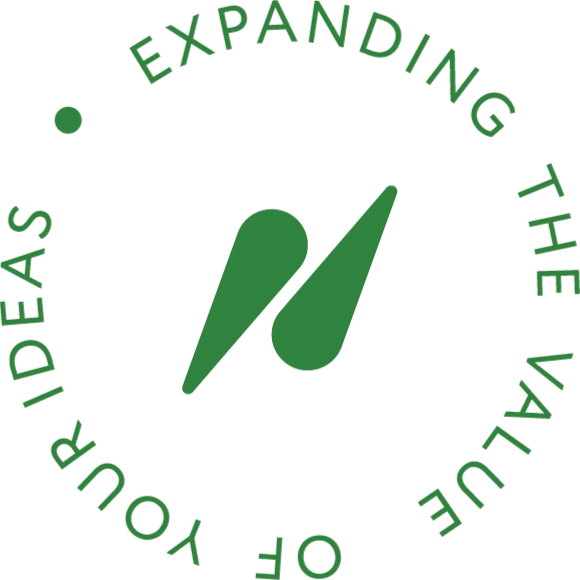On the 8th of February, 2024, amendments and additions were made to the order “On approval of the Rules for the examination of applications for selection achievements, industrial property objects, trademarks, service marks, geographical indications, appellations of origin of goods, on registration of topographies of integrated circuits” (hereinafter – the Rules).
The key addition to the Rules allows Applicants the option to accelerate the consideration of a trademark application from seven to three months through an accelerated examination process.
In the current landscape of rapidly evolving market dynamics and the rise of electronic commerce platforms, the accelerated examination of the trademark application is commonly utilized in countries such as Singapore, USA, Japan, China, Great Britain, India, and Georgia.
This recent innovation within the Republic of Kazakhstan was instigated by inputs from the business community and patent attorneys.
There are several scenarios where an accelerated examination may be beneficial, including if the Applicant is already operating a business without a registered trademark, planning to sell products on an online e-commerce platform, or initiating a new business venture.
